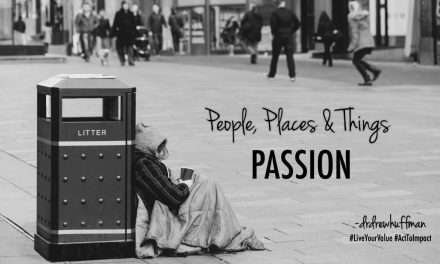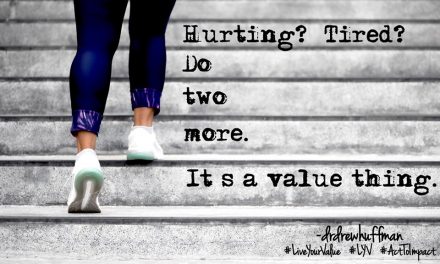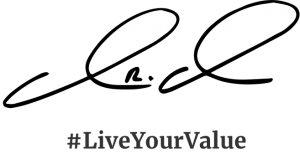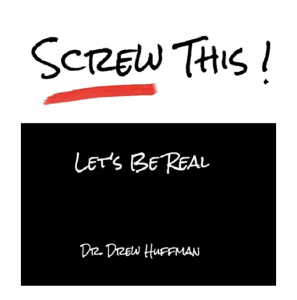It’s called ‘Self Preservation.’
Okay, sure, between my clinic job, my writing job, my kids, keeping up a house, trying to exercise on a semi-routine basis, working daily to remain mindful of what I eat, going to the grocery store, and paying the bills, I’m a bit busy—but who isn’t? Besides, I have it all under control. Right? Or maybe not. . .
A few Saturday mornings ago, I woke up about 6:30 am, my usual time, in order to start the day’s to-do list. After making coffee, I climbed back into bed, pulled out my computer, and logged on. My agenda today wasn’t much different than any other weekend day:
- respond to comments left on my FB posts
- post on Twitter, Instagram, and LinkedIn
- answer emails
- start writing material for the next week
- take quick breaks in between to do a few loads of laundry
- break at noon
- go for a quick run
- grab a bite
- cut the grass
- pay bills
- go to the grocery store
My hope was that I could get back to my writing work by 6 or 7 pm.
You see, Monday through Thursday from 6 am to 6 pm is spoken for by my career as an arthritis specialist in hopes of reducing my patients’ stiff and painful joints. So my limited weekend hours are when I do most of my weekly chores, exercise, see friends and family, and—in what little time is left—try to squeeze in time for writing. And for the most part, I make it work.
But that Saturday morning, as I sat up in bed and pulled my legs up to my chest to create a table for my computer, something didn’t feel right. I began to experience a dull, deep, gnawing ache in my gut followed by an abrupt awareness that I needed to be another room of the house very soon—like now. Needless to say, I spent the next hour chugging Pepto and waiting for the whole experience to quiet down so I could get back to work.
Now, physical complaints aren’t necessarily always due to our stress, anxiety, depression, or any other frustration that is chaotically bouncing around in our subconscious, but every complaint will certainly be intensified by them.
A 2005 Us News & World Report article,”The Secret Mind,” states that “Numerous cognitive neuroscientists have conducted studies that have revealed that only 5% of our cognitive activities (decisions, emotions, actions, and behavior) are conscious whereas the remaining 95% is generated in a non-conscious (a.k.a. subconscious) manner.”
Although my gut issue lessened, it continued to remind me for the rest of the day that it wasn’t as relaxed as it would like to be; not a big surprise given my conscious effort to forge ahead with my plans despite my subconscious telling me to relax.
So, if you ever find yourself having a new complaint or a flare of an old one, think comprehensively—maybe it’s rooted in your subconscious, maybe it’s all physical, or maybe it’s a bit of both.
Do this: spend a moment in honest self-reflection to get in touch with your stressors, seek out the opinion of a healthcare professional to evaluate your body, and treat both with the same degree of concern and care.
Remember, live your comprehensive value one choice at a time.
Photo by Naomi August on Unsplash










